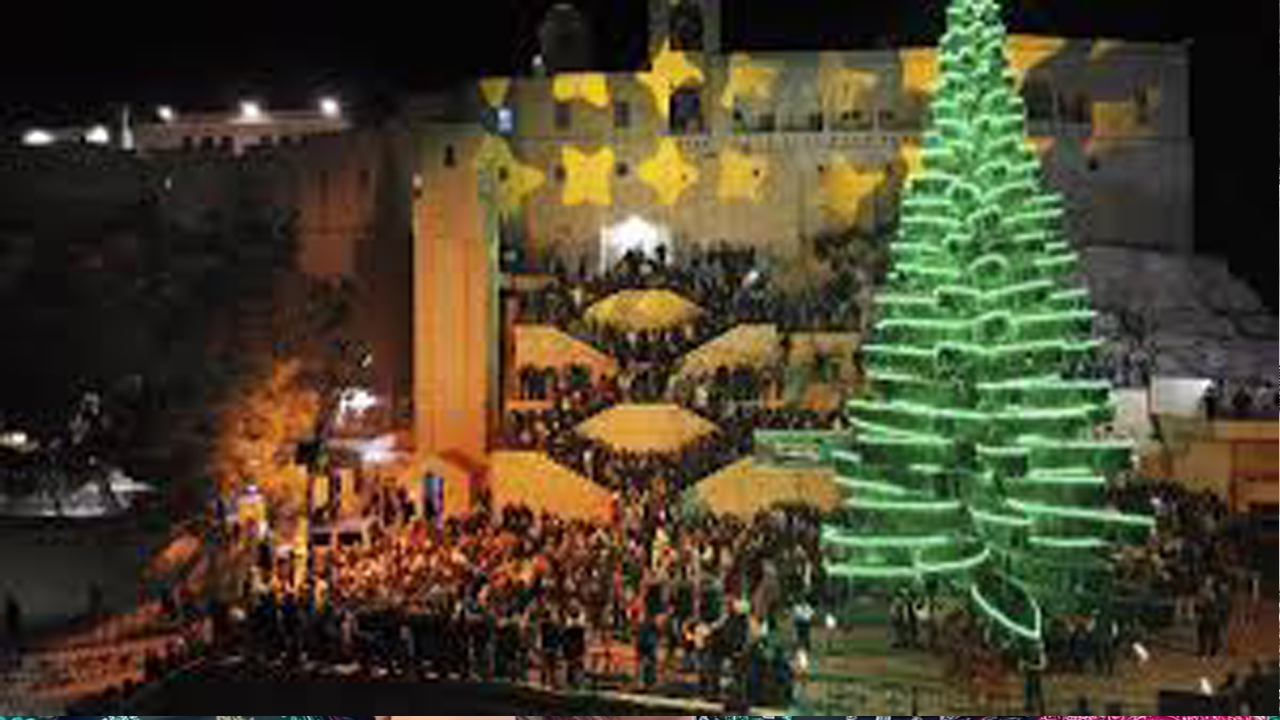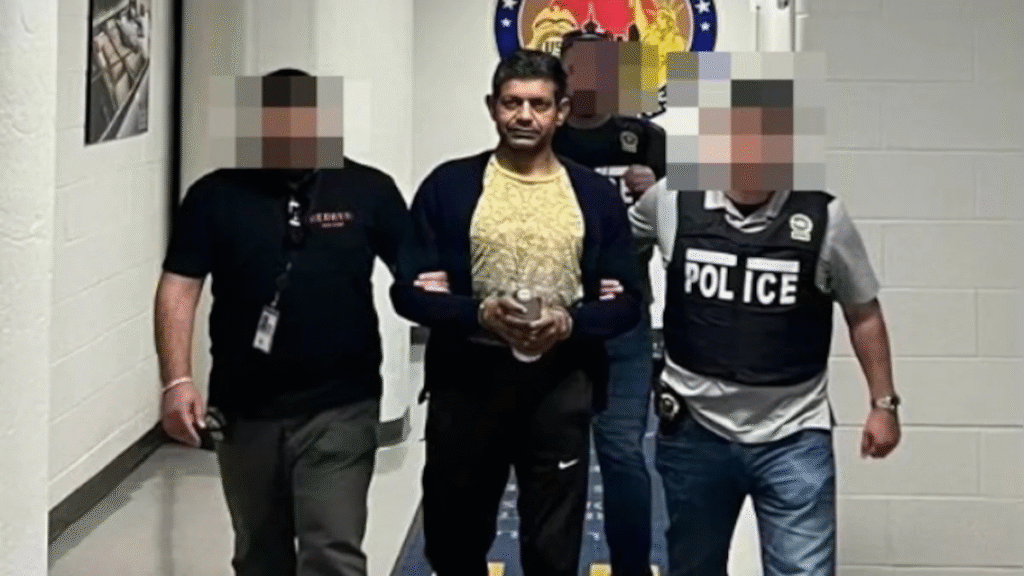Now Reading: Syria Christians Tread Cautiously as Christmas Approaches Amidst Shifting Political Landscape
-
01
Syria Christians Tread Cautiously as Christmas Approaches Amidst Shifting Political Landscape
Syria Christians Tread Cautiously as Christmas Approaches Amidst Shifting Political Landscape

As the festive season approaches, a sense of unease hangs over Syria’s Christian communities. The recent political shifts in the country, marked by the rise of Islamist factions, have cast a shadow of uncertainty over their future. While assurances of religious freedom have been offered, historical experiences and lingering doubts have led to a more subdued Christmas this year.
A History of Coexistence and Conflict
Syria has been home to Christian communities for centuries, with a presence dating back to the earliest days of Christianity. Throughout history, they have experienced periods of both peaceful coexistence and persecution under various rulers and empires. In the modern era, under the Ba’athist regime, Christians enjoyed a degree of protection and religious freedom, though always under the overarching control of the state.
The Syrian civil war, which began in 2011, dramatically altered this landscape. The conflict created a power vacuum, allowing various factions, including Islamist groups, to rise and exert control over different parts of the country. This rise of Islamist influence has been a major source of concern for Syrian Christians.
The Rise of Islamist Influence
The emergence of Islamist groups like Hayat Tahrir al-Sham (HTS), which now controls Idlib and parts of northwestern Syria, has created a new reality for Christians in these areas. While HTS has attempted to present a more moderate face in recent times, seeking to gain international legitimacy, its past as an offshoot of al-Qaeda casts a long shadow.
For many Christians, the memories of the brutal tactics employed by extremist groups like ISIS, which targeted religious minorities with violence and persecution, are still fresh. This history fuels their apprehension about living under Islamist rule, even when assurances of protection are given.
A Subdued Christmas
This year, Christmas celebrations in Syria are noticeably more subdued. Church leaders have advised their congregations to scale back public displays of celebration, opting for more private and intimate gatherings. This decision reflects a desire to avoid any actions that could be misconstrued or used to provoke tensions.
In some areas, there have been reports of isolated incidents that have further heightened anxieties. These include attempts to restrict the sale of alcohol or remove Christian symbols from public spaces. While these incidents may not represent official policy, they contribute to a sense of unease and vulnerability among the Christian population.
Seeking Assurances and Building Trust
Despite the challenges, efforts are being made to build trust and ensure the protection of religious minorities. HTS leaders have engaged in dialogues with Christian representatives, reiterating their commitment to religious freedom and protection for all communities. However, building trust after years of conflict and mistrust is a long and complex process.
Many Christians remain skeptical, wanting to see concrete actions that demonstrate a genuine commitment to their safety and religious freedom. They emphasize the importance of upholding the rule of law, preventing any acts of discrimination or harassment, and ensuring their full participation in society.
The Importance of International Attention
The situation of Christians in Syria requires continued international attention. The international community must play a role in ensuring that the rights of all religious minorities are protected and that they can live in peace and security. This includes supporting initiatives that promote interreligious dialogue, tolerance, and reconciliation.
Furthermore, humanitarian aid and support must continue to reach all those in need in Syria, regardless of their religious affiliation. The ongoing conflict and economic hardship have affected all communities, and it is crucial to ensure that no one is left behind.
Looking to the Future
The future of Christians in Syria remains uncertain. The ongoing political and security challenges in the country create a complex and evolving environment. However, the resilience and deep-rooted faith of the Christian communities offer a source of hope.
Despite the difficulties, they continue to hold onto their traditions, celebrate their faith, and contribute to the rich tapestry of Syrian society. Their presence in Syria is a testament to their enduring connection to this land, and their future is intertwined with the future of the nation as a whole.
As Christmas approaches, Syrian Christians, like many around the world, will be praying for peace, security, and a brighter future. Their voices, though sometimes muted by fear and uncertainty, continue to echo the message of hope and resilience that lies at the heart of the Christmas story.










